Cancer: New blood test could catch prostate cancer early
- Published
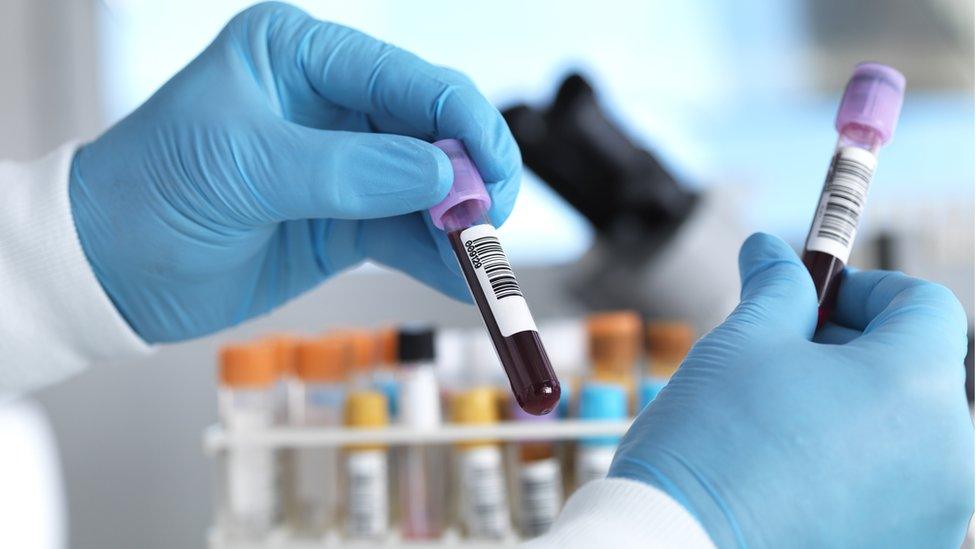
A new blood test could help detect prostate cancer by looking at sugar levels
People who do not have symptoms for prostate cancer could get a life-saving diagnosis with a new test for sugars in blood.
Research at Swansea University is looking into the blood of those with the disease to help develop a test for early detection.
Prostate cancer affects one in eight men in the UK and diagnosis has tripled over the last three years, external.
Simon Gammon, 62, who has a terminal diagnosis, said it could save lives.
Wales is one of the worst affected regions in the UK for late prostate cancer referrals and diagnosis, according to Prostate Cancer UK.
In Wales, one in every five men with the disease is diagnosed too late for a cure. In London, that figure is one in eight.
Older men, black men and men with a family history of the disease are at even higher risk.Prostate Cancer UK has funded the project at Swansea University, as part of the charity's Research Innovation Awards (RIAs), a £3m investment across seven UK institutions in the latest advancements to defeat prostate cancer.
It is hoped it could lead to more effective testing and earlier diagnoses as it often is asymptomatic at first.
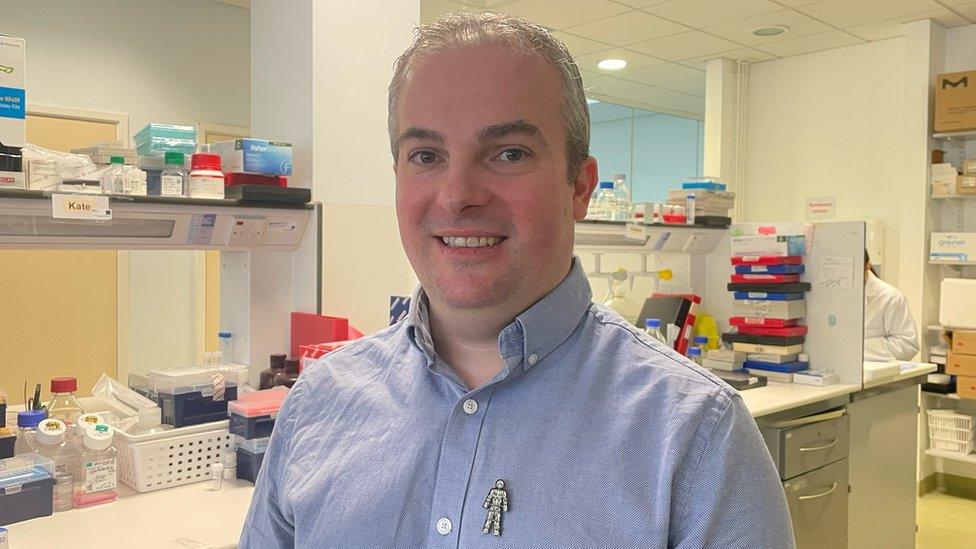
Dr Jason Webber says more non-invasive tests could mean people get a diagnosis earlier
Dr Jason Webber has received more than £400,000 for research to create a new type of non-invasive blood test.
The project will investigate specific sugars found in the bloodstream of men with prostate cancer that could be used in tests to determine a man's risk of developing the disease, and how likely it is to spread.
When prostate cancer spreads beyond the prostate, it becomes incurable.
Dr Webber said it could help cut out invasive tests.
"The blood sugars we're focusing on aren't the same as the sugar, or glucose, we consume in food and drinks. These sugars are found on the surface of 'extracellular vesicles', small packages released by prostate cancer cells into the bloodstream, which trick and invade healthy cells, spreading cancer around the body," he said.
"Early diagnosis is key to treating prostate cancer and it is certainly one of the things that has become more apparently over recent years."

Older and black men are more likely to have prostate cancer
He said this could be particularly beneficial in Wales, as early detection rates are lower compared to other parts of the UK.
"By identifying those patients with aggressive disease early on we hope that they can be targeted with the correct treatment allowing the disease to be treated," he said.
'It could have saved my life'

In 2017, Mr Gammon, from Monmouthshire found out he had prostate cancer at 56. He had surgery to remove the prostate, and all seemed fine.
However, months later his prostate-specific antigen (PSA) levels started to rise and he received the news his cancer had spread and was given a terminal diagnosis.
He spent some time travelling with friends but since Covid, he said "life hasn't been quite the same since".
Simon has hormone therapy through his private health insurance - rather than other methods on the NHS and said he tried to maintain a "positive outlook".
"I try to be positive and not read every single thing that comes alone.
"But it is horrible.
"Don't misunderstand me the diagnosis is devastating and it undoubtedly changes your its life. It's changed my life."
He said the new test could encourage more men to actively get tested, as he thinks people feel embarrassed by the physical exams in the anus.
"Any progress in the diagnosis of prostate cancer is a good thing," he said.
"We know the PSA test is not reliable but it's all we've got but until something else comes along I am a fan of it.
"If I had known what I know now I would have been tested from the age of 50. It would have been caught a lot earlier and my outlook would have been a lot better."
He said more can be done with advertising and raising awareness but "things are gradually approving".
Dr Matthew Hobbs, director of research at Prostate Cancer UK, said: "Diagnosing men earlier and developing smarter, more targeted treatments will give us the best possible chance to stop prostate cancer being a killer and to improve the lives of men living with the disease.
"That's why we've invested £3m into just this round of cutting edge prostate cancer research across the UK.
"Thanks to the incredible generosity of our supporters, we're able to work with some of the best minds in the field, bringing us closer every day to achieving this."
A Welsh government spokesperson said: "We are investing heavily in cancer services to improve early detection and provide rapid access to investigation, treatment and high-quality care.
"This includes £86m for new cancer diagnostic and treatment facilities and the increase in the number of training places, with more specialists in cancer diagnosis and treatment.
"Given many cases of prostate cancer will have hard-to-detect symptoms, it is important that people with concerns, or those who at higher risk, speak to their GP for advice."
- Published15 January 2023
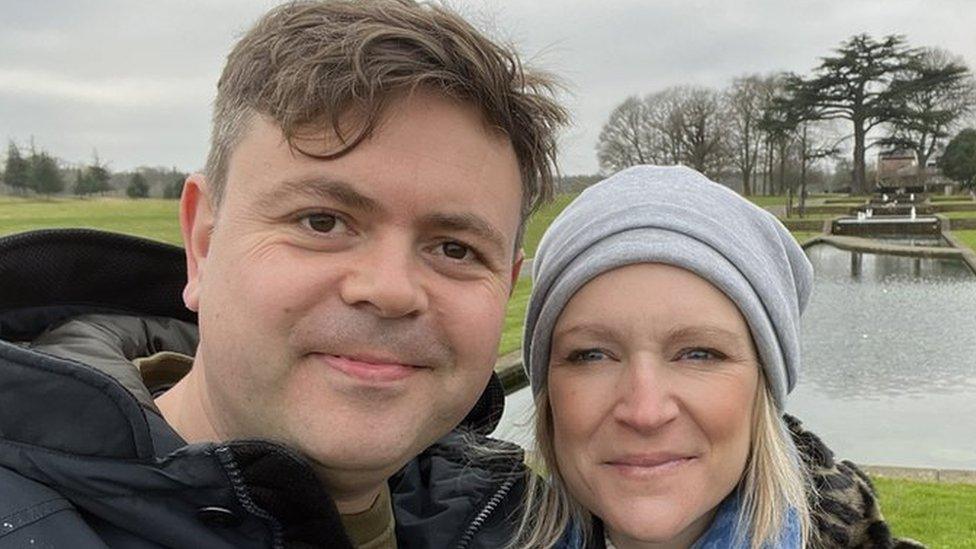
- Published2 December 2021
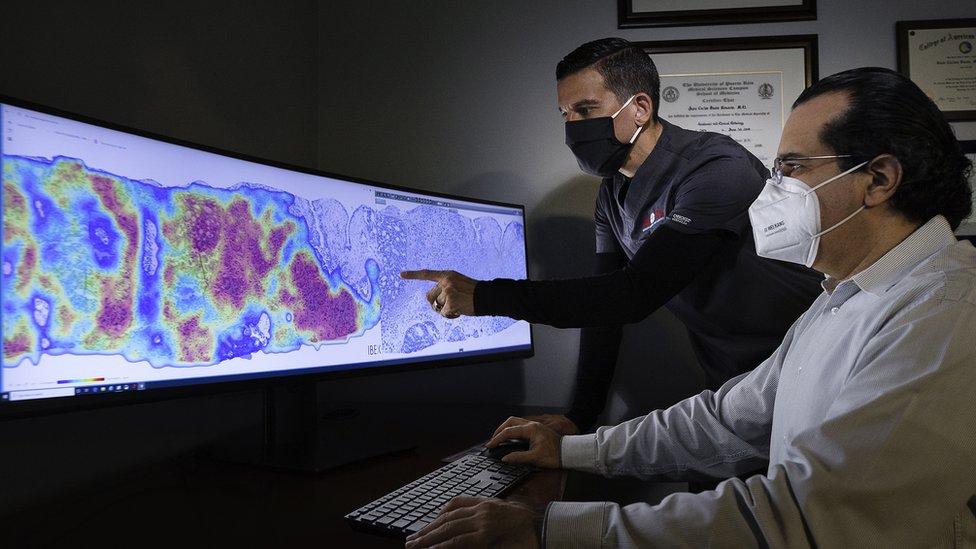
- Published28 February 2023
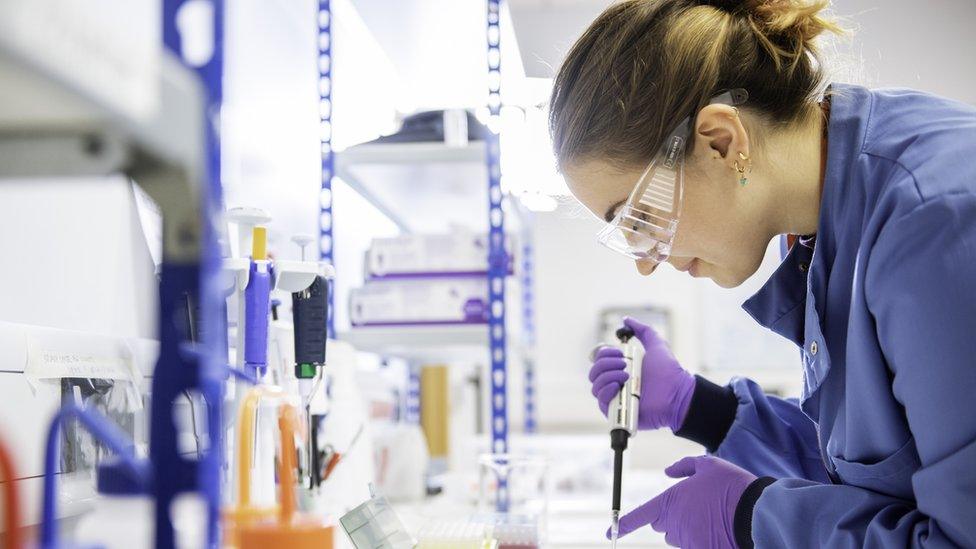
- Published11 March 2022
